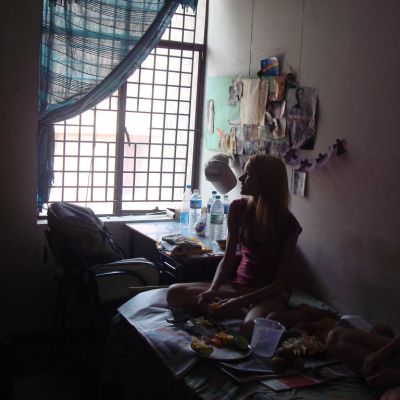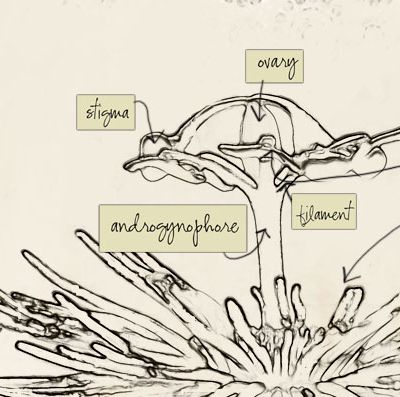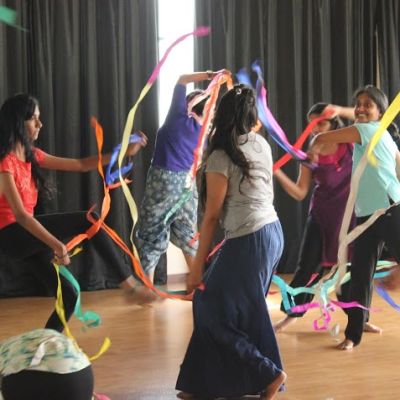The I Column
“I feel comfortable with who I am,” he responded. “I’m at ease with myself. I don’t wake up and hate myself. I can’t tell you how amazing that feels.”
“I know how that feels,” I told him.
Have you ever heard the old adage, “You have to love yourself before anybody else can love you”? Well, I grew up interpreting this in the absolutely most terrible way possible.
I did my schooling and higher studies in Delhi. Thanks to a compulsorily uniform attire at school, the differences in socio-economic backgrounds of students were successfully erased. But as one enters college, one’s attire gets significant attention, especially for a person from a weak socio-economic background. This transition period from school to college is also the age of sexual anxieties, experiments and experiences.
I did not know what feminism meant, but I remember being told I’m too rough for a girl. Or, was…
Youngsters are bombarded every day with messages related to sexuality, sex and relationships from various sources. And we also know that not all the information they encounter prepares them well to make choices.
Where did my body go? This is a question I have asked myself repeatedly over the last two years. My…
It was not uncommon for me to feel like an imposter, helping others connect with themselves while struggling to do the same myself.
I wish my elders had told me about more than just bleeding when they talked about menstruation. I wish they…
We don’t have an original I-Column this month. Instead we feature the voices of two women, Deepika Padukone and Reshma…
At 13, I could (correctly!) explain the reproductive system of a plant. I’d been rather intimate with the anatomy of…
Of course, I knew I wasn’t the only person in the world writing about Sherlock Holmes. I, however, thought I was the only one in the world writing about them like that. You know.
Romantically.
Of course, I knew I wasn’t the only person in the world writing about Sherlock Holmes. I, however, thought I was the only one in the world writing about them like that. You know.
Romantically.
It is this camaraderie with sexualness that made my mother uncomfortable about my comfort with lipsticks. Stains become metonyms for the woman herself, and her sexuality. It is possible that this stain might stay on someone’s mind as they encounter a stained cup. It is possible that even if they never have seen the person, they would now be compelled to imagine them.
The lip colour then enters into a rather queer state of existence as it refuses to stand by the label it is expected to conform to. It moves and escapes categorisation. In its queerness, it renders itself as a paradox. At the heart of paradoxes is the understanding that something is what it is also not. Similarly, the colour of this lipstick is nude, but it is also not. It is possible that it is because of this slippery nature of the paradox that my sexuality as my identity too remains slippery, in motion and fluid.
This is a good enough place to begin. From inside your own skin. Before we could speak, we moved. We…













